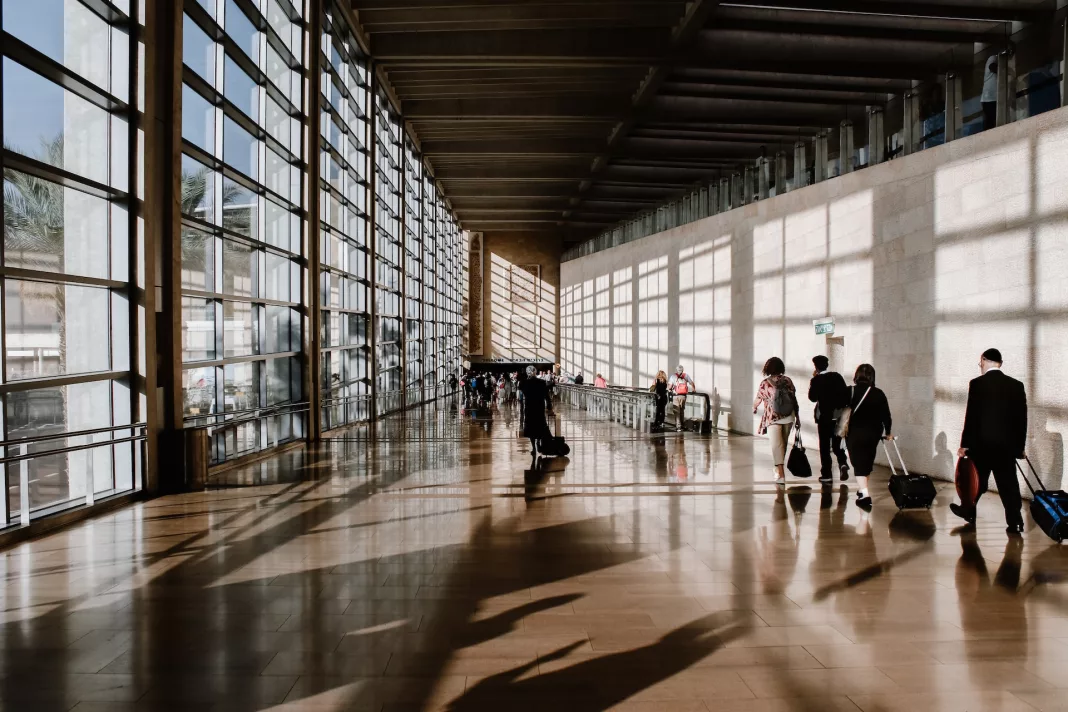In our digital era – after the pandemic more than ever – dominated by virtual meetings and digital collaboration tools, the question of whether business travel remains a crucial component of corporate life suddenly becomes relevant.
And the United Kingdom, as the global business hub that we are, is at the forefront of this question. After all, we’re one of the most significant destinations in the world; the Travel and Tourism Development Index ranked the UK as the fifth-best country for non-leisure travel in 2021 – the highest in Europe. But in our current landscape of 44% of all UK workers operating partially or fully remote – how does this affect our business travel?
Digital Tools vs. Personal Nuances
Undoubtedly, the advent of video conferencing platforms has transformed the way all businesses communicate. They enable less complicated real-time conversations across continents and have certainly made it easier to connect with international partners without having to leave the office – or home. But regardless, they do fall short when it comes to capturing the nuances of face-to-face interactions. When it comes to body language, facial expressions, and the subtleties of personal connections, things can easily be lost in the digital realm. Especially in sectors and a culture where relationships are integral to a business’s success, the value of old-fashioned in-person meetings shouldn’t be underestimated.
This has been underlined and confirmed by the COVID-19 business travel survey from the Department for Transport as well, which outlines that 99% of businesses expect their employees to go back to pre-pandemic travel levels. Previously, numbers have obviously dropped, due to global travel restrictions. And it makes sense, after all. It remains an indispensable tool for sealing deals and negotiating contracts. While emails and video calls can initiate discussions, further collaboration often requires trust and rapport that is best established in person. Additionally, the ability to engage in spontaneous conversations, read the room, and respond to subtle clues can make all the difference. Really, you’re giving yourself the edge over competitors when it comes to a successful partnership and a missed opportunity.
Balancing Sustainability and Engagement
Considering all of this, the environmental impact of frequent business travel is still a growing concern. But we can rely on transportation service providers to do their part, too. Be it the ban on patrol cars in favour of fully electric vehicles, carbon neutrality from the rail network – or even knowing that your private jet is fully sustainable. However, advancements in sustainable practices and the rise of hybrid work models offer potential solutions, too Businesses can explore a balanced approach that combines both virtual collaboration with strategically placed in-person meetings, minimising the negative environmental effects as best as they can.
It seems that despite the transformative impact of digital communication tools and the results of the pandemic, business travel not only remains an essential element of corporate success – it’s also growing again. In the end, it’s a unique advantage to establish much-needed strong relationships. A harmonious balance between virtual and physical engagement is likely to be the key to sustained success in our modern business world. After all, we will always be social creatures.




















